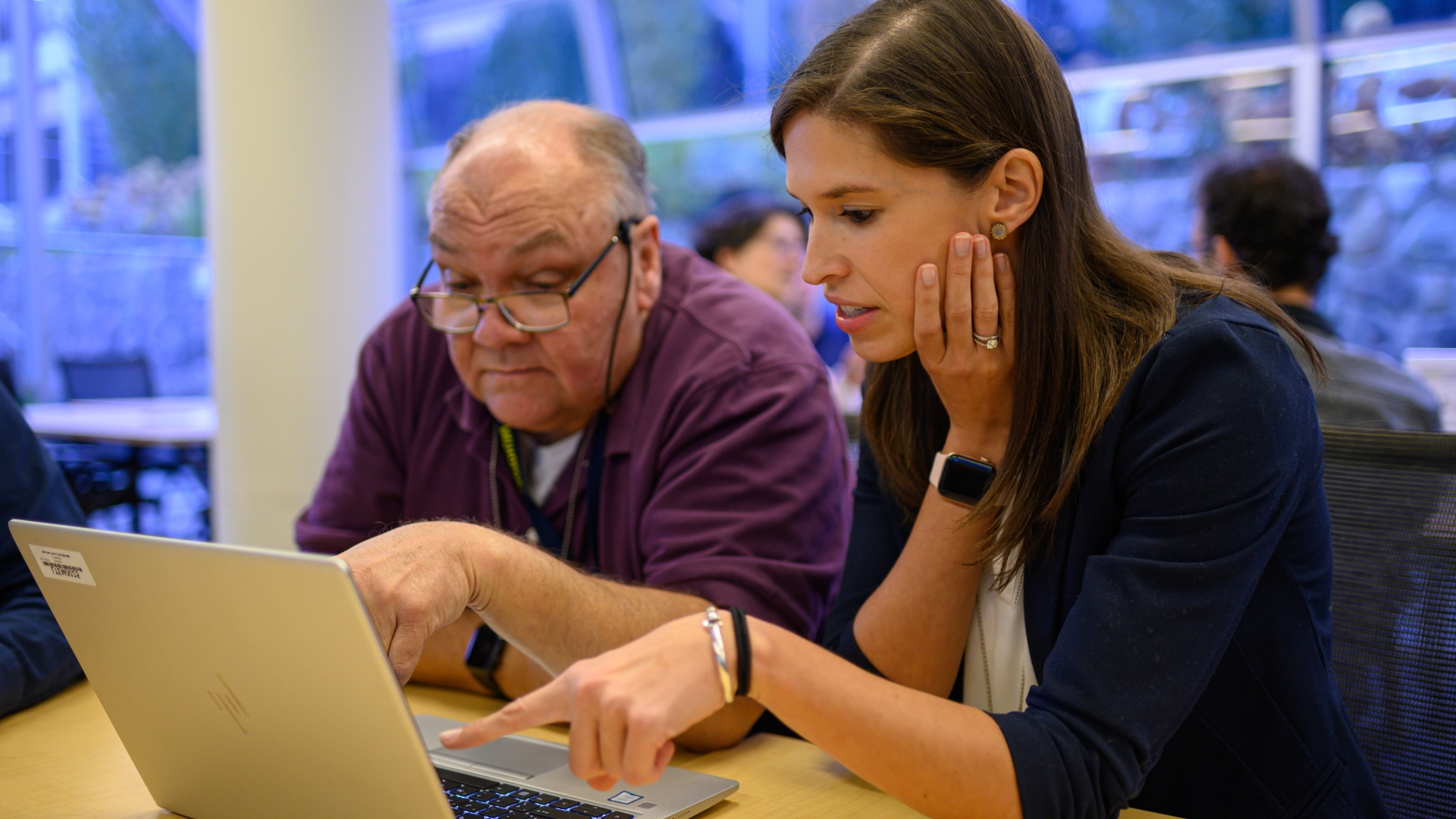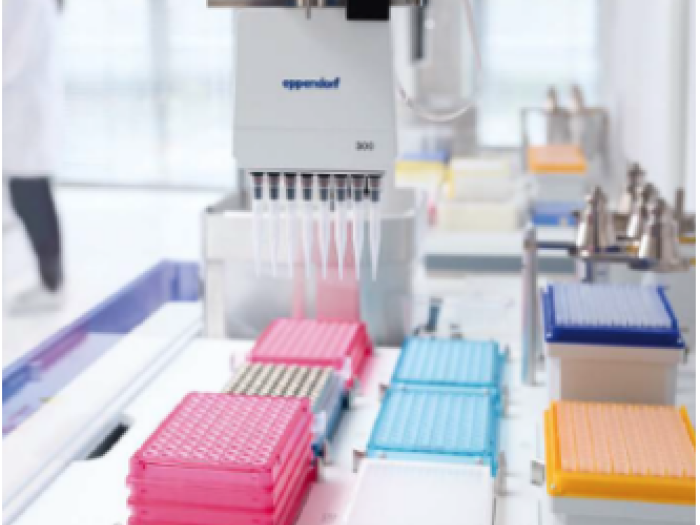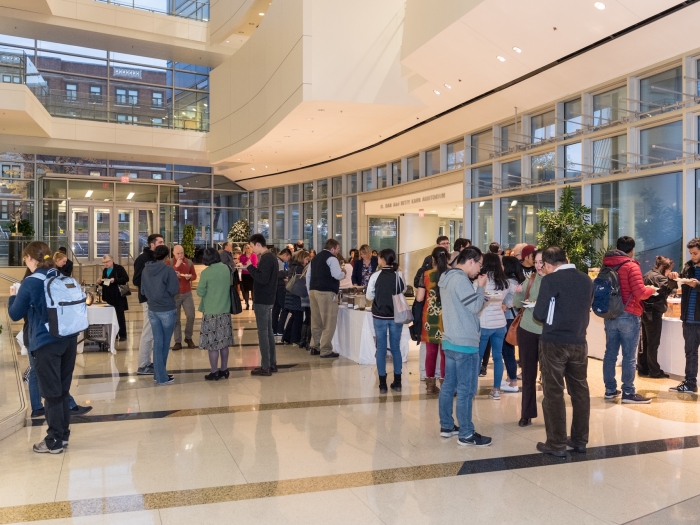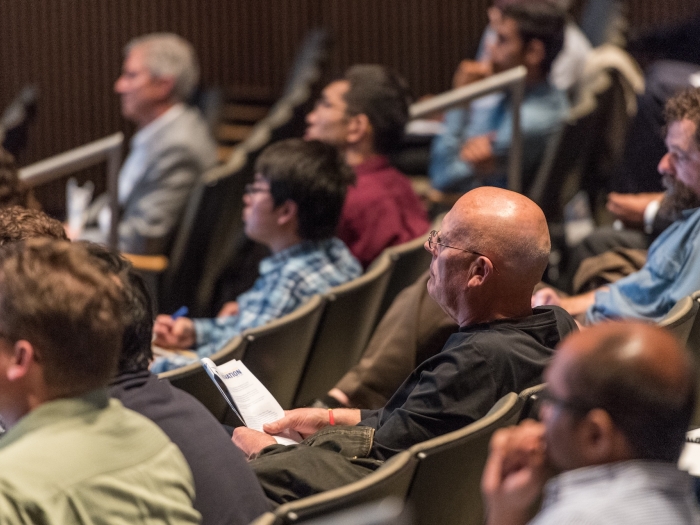Aiming to accelerate research by enabling secure access to patient data through investigator-friendly, self-serve tools, and custom data extracts.

At the Data Office, we provide secure access to high-quality patient-level data tailored to your study needs. Our goal is for researchers to spend less time obtaining data and more time on their important research.
For your next study, use DataDirect or EMERSE, which are available free of charge for faculty researchers and their study team members to access both discrete variables and free-text string data from the electronic medical record (EMR).
If your data needs are too complex for our self-serve tools, our experienced programmers can pull a custom data set for you – to be delivered once, or on a scheduled, ongoing basis.
Do you need help with a custom data pull or need guidance on security guidelines for your data? Schedule a 1:1 consultation to look at all your clinical data needs, where a data specialist offers a deeper dive into the patient health data resources available.

Learn more about privacy-sharing policies and related resources. Do you need samples for your research? The Central Biorepository can help.
Precision Health Analytics Platform Documentation Site – Available via Level-1 U-M login credentials, this site contains user guides, data dictionaries, and other tools and resources to get U-M researchers started with using the Precision Health Analytics Platform to facilitate their research.
DataDirect User Guide – The DataDirect User Guide includes step-by-step instructions, screenshots, and resources for completing frequently-used tasks. Please note that as DataDirect evolves, concepts presented in the User Guide will remain accurate, but the screenshots may vary slightly within the DataDirect tool.
Ann Arbor, MI 48109
The Data Office for Clinical & Translational Research, a unit of the Medical School Office of Research, fosters the translation of data into research that improves clinical outcomes by bridging the gap between personal health data and clinical research.





